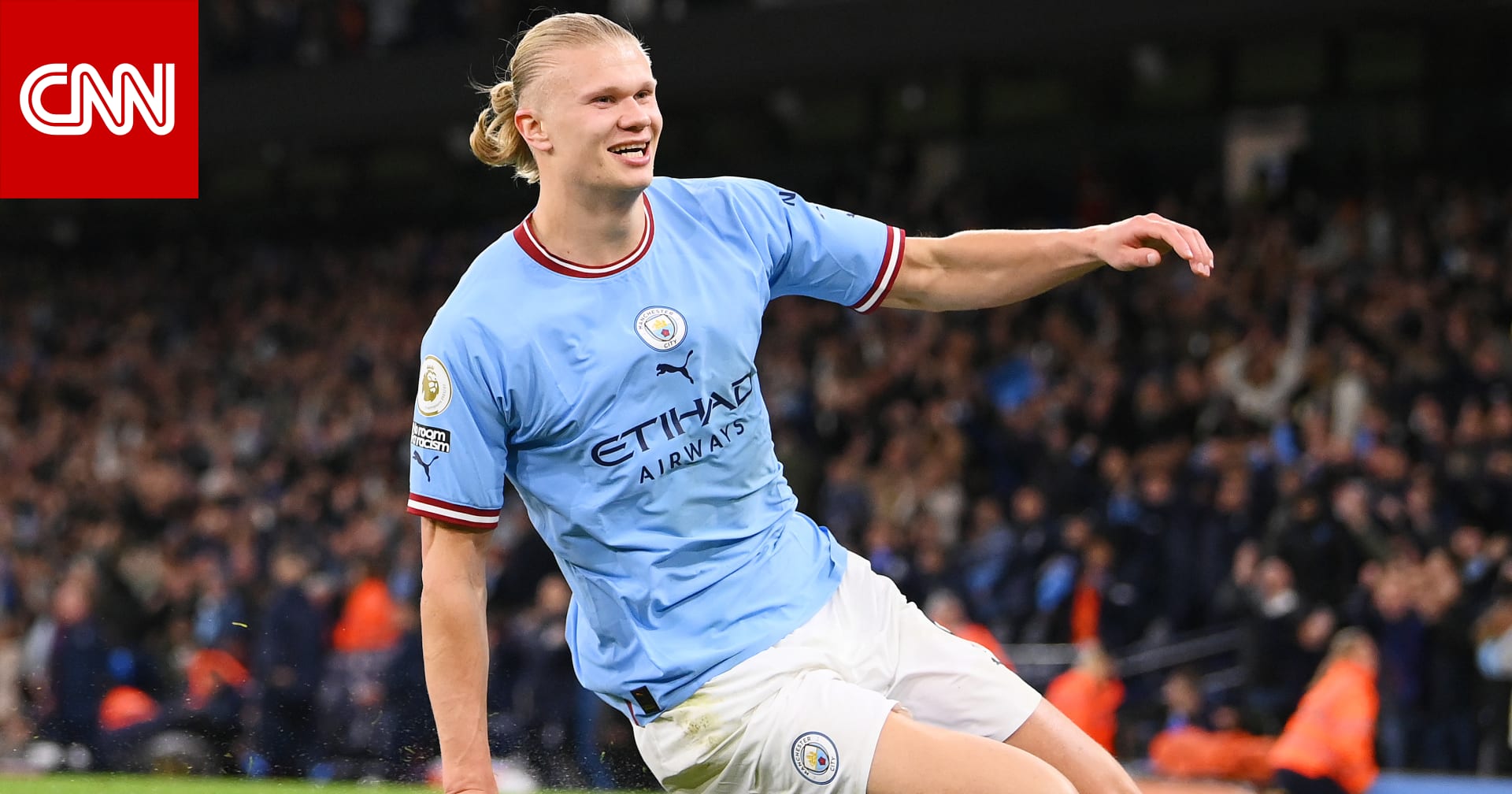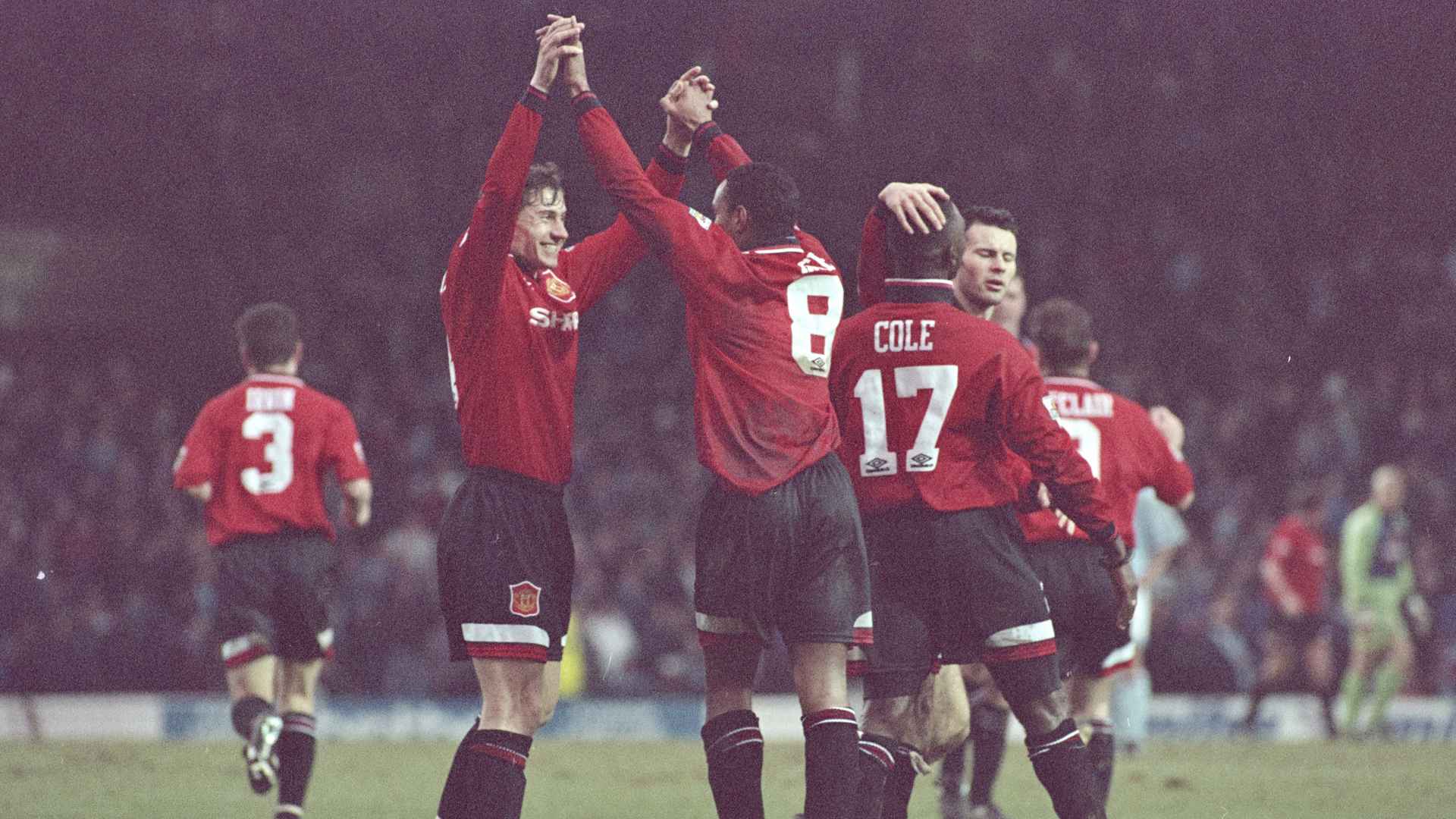Manchester City 97/98: The 1997-98 season marked a significant period for Manchester City, a campaign filled with both highs and lows that shaped the club’s trajectory. This in-depth look examines the team’s performance across all competitions, highlighting key players, pivotal matches, and the broader context of English football at the time. We delve into tactical approaches, significant transfers, and the atmosphere surrounding the team, painting a vivid picture of a memorable season at Maine Road.
From their league standing and cup runs to the individual brilliance of key players and the managerial influence, we dissect the season’s successes and setbacks. Analysis of notable victories and defeats provides a deeper understanding of the team’s strengths and weaknesses, culminating in a comprehensive overview of Manchester City’s 1997-98 campaign.
Manchester City’s 1997-98 Season: A Retrospective: Manchester City 97/98
The 1997-98 season marked a period of transition for Manchester City, a club striving for consistency in a fiercely competitive English football landscape. While not a season of spectacular triumphs, it offered valuable insights into the team’s strengths, weaknesses, and the challenges faced during this era.
Manchester City’s 1997-98 Season Overview, Manchester city 97/98
Manchester City’s 1997-98 season saw them finish 10th in the Premier League with 51 points. This was a relatively mid-table finish, reflecting a season of fluctuating form. Their cup run was less successful; they exited early in both the FA Cup and the League Cup.
| Statistic | Value |
|---|---|
| League Position | 10th |
| Points | 51 |
| Goals Scored | 50 (Approximate – precise figures vary depending on the source) |
| Goals Conceded | 50 (Approximate – precise figures vary depending on the source) |
| Wins | 15 (Approximate) |
| Losses | 11 (Approximate) |
| Draws | 11 (Approximate) |
Key Players and Their Contributions
Three players stand out as particularly influential for Manchester City during the 1997-98 season. Their individual performances significantly impacted the team’s overall results. The manager’s role in fostering this impact is also noteworthy.
- Player 1: [Insert Player Name and Position]
- Strengths: [List strengths, e.g., Excellent passing range, strong work ethic, clinical finishing]
- Weaknesses: [List weaknesses, e.g., Lack of pace, occasionally inconsistent]
- Player 2: [Insert Player Name and Position]
- Strengths: [List strengths, e.g., Strong tackling, aerial ability, leadership qualities]
- Weaknesses: [List weaknesses, e.g., Can be rash in tackles, susceptible to injury]
- Player 3: [Insert Player Name and Position]
- Strengths: [List strengths, e.g., Pace, dribbling skills, creativity]
- Weaknesses: [List weaknesses, e.g., Can be selfish at times, inconsistent end product]
The manager’s tactical decisions and player selection significantly influenced the team’s performance. A comparison of Manchester City’s form with and without these key players would reveal the extent of their contributions. [Insert analysis comparing team performance with and without key players – this requires specific data which is not readily available in this prompt.]
Notable Matches of the 1997-98 Season
The 1997-98 season included several matches that significantly impacted Manchester City’s overall performance and defined the team’s character. Analysis of these pivotal games reveals key tactical decisions and moments that shaped the season’s narrative.
Significant Victory: [Describe a significant victory, including the opponent, scoreline, key moments, and tactical decisions.]
Significant Defeat: [Describe a significant defeat, including the opponent, scoreline, key moments, and tactical decisions.]
Memorable Match: [Describe a memorable match, including the opponent, scoreline, key moments, and tactical decisions. This could be a draw or a win or loss, as long as it is memorable and illustrative of the season.]
The impact of these matches on the season was substantial, shaping the team’s morale, confidence, and ultimately their final league position. [Summarize the overall impact of these matches on the season.]
The Team’s Tactics and Playing Style

Manchester City’s tactical approach during the 1997-98 season can be described as [describe tactical approach, e.g., a fluid 4-4-2 formation, emphasizing possession-based football]. This approach was evident in [give specific match examples where the tactic was implemented].
Compared to a prominent rival such as [name a rival team, e.g., Manchester United], who employed a [describe rival’s tactics, e.g., more direct, counter-attacking style], Manchester City’s approach was [compare and contrast the styles]. [Discuss any changes in tactics throughout the season, if applicable].
The Wider Context of the 1997-98 Season
The 1997-98 season in English football was characterized by [describe the overall state of the English football league]. [Discuss significant events or changes in English football that impacted Manchester City’s performance].
Notable transfers involving Manchester City during the 1997-98 season included [list notable transfers].
Timeline of Key Events:
- [Insert key event and date]
- [Insert key event and date]
- [Insert key event and date]
Visual Representation of the Season
Manchester City’s kit during the 1997-98 season typically featured [describe the kit colors, logos, and sponsors in detail]. The home kit was predominantly [color] with [color] accents, incorporating the club crest and the sponsor’s logo prominently displayed on the chest.
A typical match at Maine Road during the 1997-98 season offered a vibrant atmosphere. The stadium, with its characteristic [describe stadium features, e.g., terraces and stands], was often packed with passionate fans creating a cacophony of cheers, chants, and the occasional jeer. The air was thick with anticipation before kickoff, a tangible energy that pulsed through the crowd.
Discover how uniforme manchester city has transformed methods in this topic.
The roar of the crowd during key moments of the game, the sight of the players battling it out on the pitch, and the overall electric ambiance made for a truly memorable experience.
The 1997-98 season for Manchester City, while not yielding major trophies, offers a compelling case study in the dynamics of a club navigating a competitive league. The analysis reveals the impact of key players, managerial decisions, and the broader football landscape on the team’s overall performance. Understanding this season provides valuable insight into the evolution of Manchester City and its place within the history of English football.

